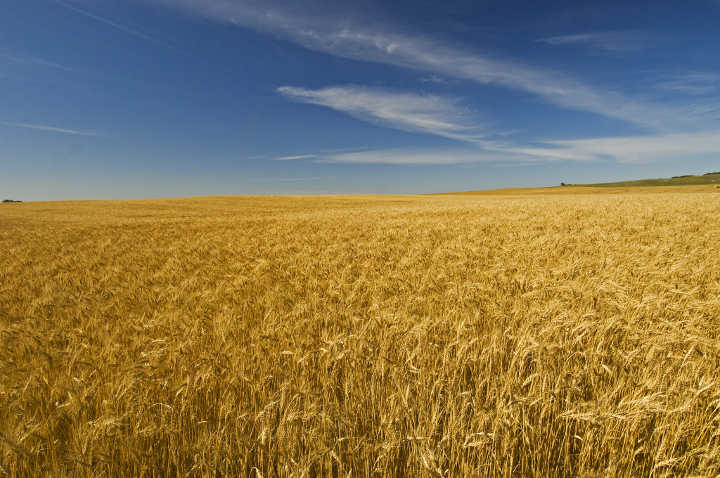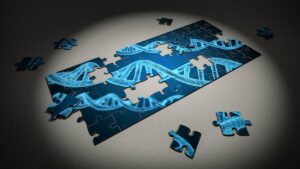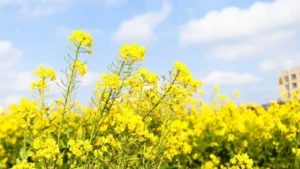NRGene has mapped the complete emmer wheat genome in one month, significantly accelerating global research into crop improvement.
“The repercussions of the mapping will be felt around the world,” says Assaf Distelfeld of Tel Aviv University (TAU), a renowned wheat geneticist and the primary researcher on the project. “Scientists will now be able to identify key genes in the emmer wheat and introduce them into commercial wheat via classical breeding, creating hardier varieties across environmental conditions, ultimately increasing the global food supply.”
The combination of Distelfeld’s work and NRGene’s DeNovoMAGICTM assembler has created long genome sequences (N90>1 million bp) covering 90 percent of the genome and anchored to an ultra-dense genetic map of emmer wheat, producing a genome map equivalent of four human genomes or 30 rice genomes. DeNovoMAGICTM delivers accurate, high quality de novo assembly of reference genomes for any crop or organism, quickly and cost effectively.
“Mapping emmer wheat is critical to global wheat research as it is the direct ancestor of cultivated wheat,” says Distelfeld. With a genome map of emmer wheat, scientists at universities, global seed research centers, and the major seed companies will be able to breed seeds with higher yields, better disease resistance, and more adaptability to extreme growing environments, such as drought or extreme heat conditions.
“NRGene’s technology accelerates food research, shifting the focus from the tidy work of genome assembly to the more applicative work of gene discovery to improve yields,” says Gil Ronen, chief executive officer for NRGene. “Since the first maize was mapped in 2009, it has already boosted breeding practices and increased the global food supply significantly. We expect the emmer wheat genome map to have an even greater effect, as the complexity of the wheat genome makes a full map a critical tool for breeding.”
NRGene is a Ness Ziona, Israel-based genomic big data company that develops software and algorithms to reveal the complexity and diversity of plants and animals for advanced computational breeding.












